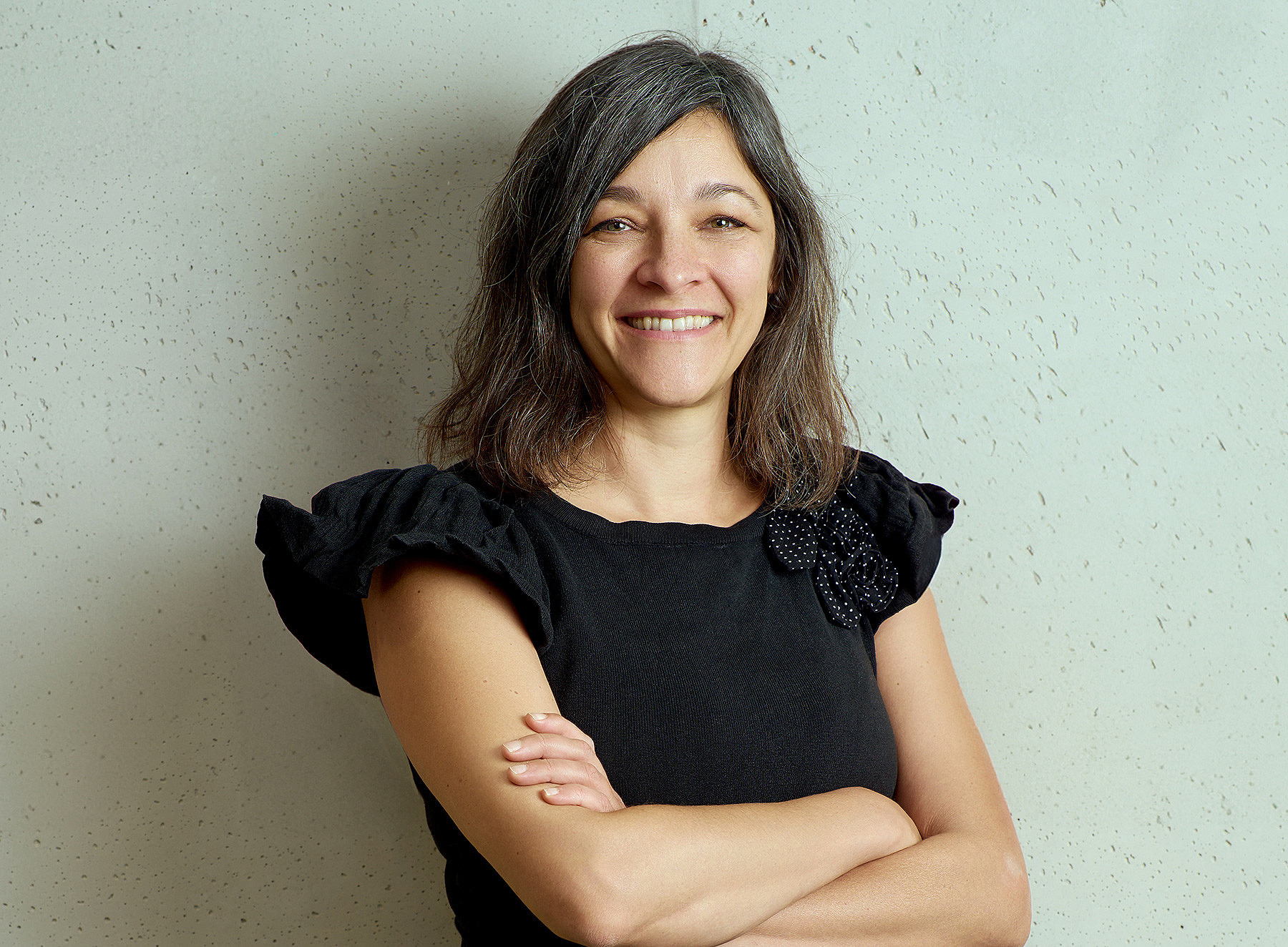"The development of new technologies must take into account the different needs, wishes and challenges of different social groups," emphasizes Juliane Jarke, who teaches and researches at the BANDAS Center (Business Analytics and Data Science Center) and the Department of Sociology. Under no circumstances should possible digital futures be dominated by a few players from the world of technology. Because: "For someone who has a hammer, every problem looks like a nail," says the German-born sociologist and computer scientist, quoting one of her former teachers. She passes on her social science perspective on the subject to students and incorporates it into her research. Her focus there is on the areas of education, ageing society and the public sector.
"How are social practices and roles, norms and values changing as a result of digital and data-intensive technologies? What social problems and inequalities are emerging as a result of artificial intelligence or are being exacerbated by the digital transformation? How can we shape the digital future for the common good? These are questions I am addressing," explains Jarke.
In education, for example, she questions the use of school information systems in which AI-based processes are used to make predictions about learning success. "How meaningful is this data? To what extent can it really map and support the complexities of a learning process?" the researcher asks. In the USA, for example, there is a ranking of teachers on their contribution to children's learning success that completely disregards the social environment. Universities would automatically evaluate prospective students according to their potential academic success. "Candidates from structurally disadvantaged groups have little chance of being accepted because the prediction is much worse for them. All of this reinforces educational inequality," criticises the expert.
In the public sector, there is an increasing number of AI-based systems that make semi-automated decisions on the receipt of social benefits, for example. These would influence decisions to the disadvantage of those who are already disadvantaged and would also reinforce certain prejudices about social groups. The same applies to data-intensive technologies for older people. "Many digital solutions that are being developed for an ageing society primarily define senior citizens as fragile," says Juliane Jarke. She is keen to ensure that the development of such technologies is participatory in order to avoid detrimental effects - such as increasing age discrimination or greater educational inequality. "We need technologies that support, accompany and inspire people in their diversity," the researcher is convinced.
